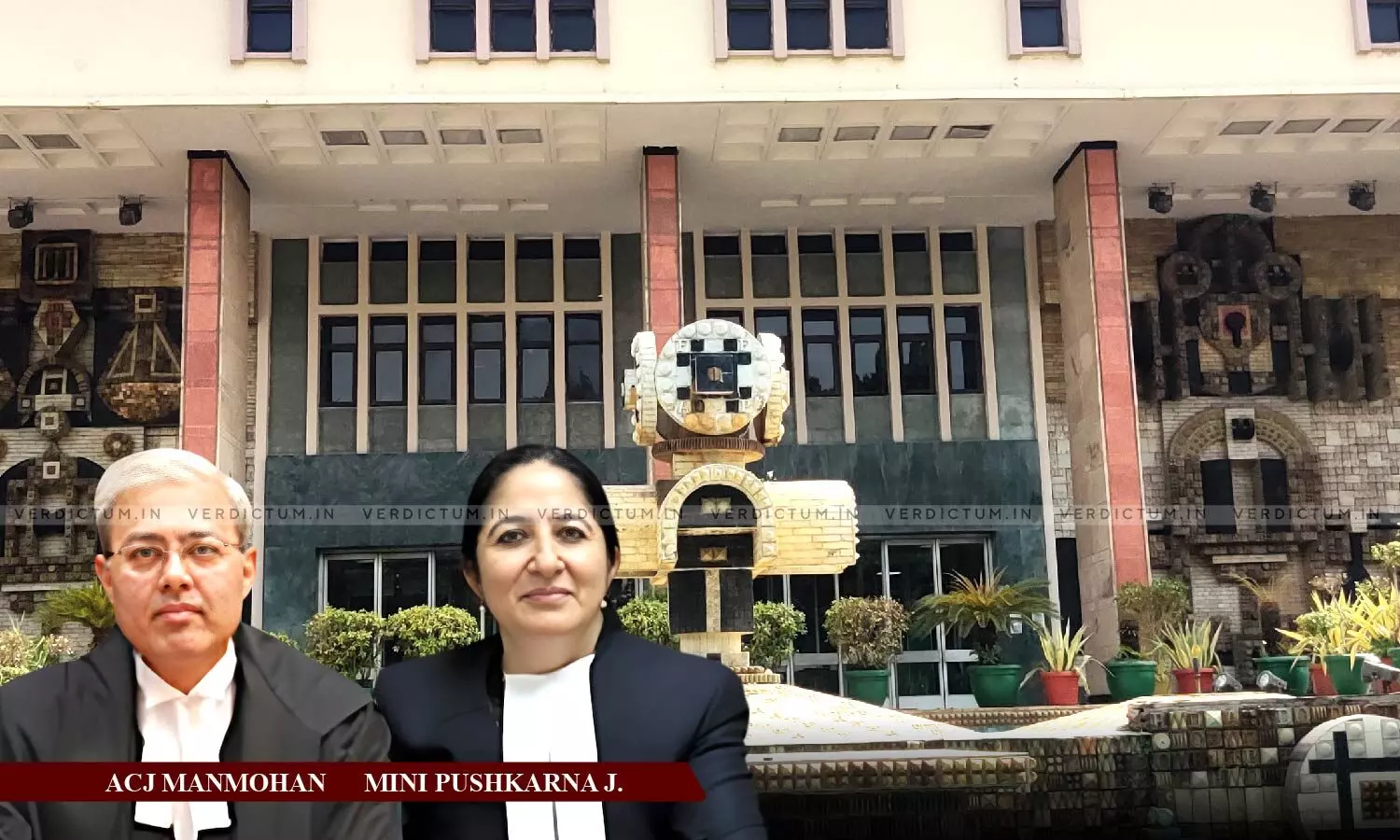
Statutory Provision Cannot Be Declared Unconstitutional Merely Because There Is An Apprehension Of Its Misuse: Delhi HC Upholds S. 115BBE Income Tax Act
 |
|The Delhi High Court has upheld the constitutionality of Section 115BBE of the Income Tax Act, 1961.
The bench referred to the observations in Commissioner of Income Tax & Ors. vs. Chhabil Dass Agarwal, (2014) 1 SCC 603 to reiterate that the Act provides a complete machinery for assessment/re-assessment of tax and the assessee is not permitted to abandon that machinery to invoke jurisdiction of the High Court under Article 226 of the Constitution.
Accordingly, a bench of Acting Chief Justice Manmohan and Justice Mini Pushkarna observed, “It is settled law that Statutory Acts and their provisions are not to be declared unconstitutional on the fanciful theory that power would be exercised in an unrealistic fashion or in a vacuum or on the ground that there is an apprehension of misuse of Statutory Provision or possibility of abuse of power. It must be presumed, unless the contrary is proved, that administration and application of a particular law would be done “not with an evil eye and unequal hand”.
“Consequently, at this stage, Section 115BBE of the Act cannot be held unconstitutional on the ground that there is an apprehension of misuse of the said provision”, the bench further held.
In the present matter, the writ petitions were filed challenging the constitutional validity of Section 115BBE of the Act, and the orders dated July 25, 2022 passed under Section 148A(d) of the Income Tax Act, 1961 for the Assessment Years 2015-16, 2016-17, 2017-18 and further challenging the notices issued under Section 148 of the Act.
The petitioner had argued that states that the notices issued under Section 148 of the Act have been issued after three years from the end of the relevant Assessment Years and that too could have been issued after obtaining the sanction from the Principal Chief Commissioner of Income Tax and not from the Principal Commissioner of Income Tax as has been done.
The respondent, however argued that that the issue of limitation, being a mixed question of fact and law in the present batch of matters, should be raised before the Appellate Authorities.
Considering the contentions of the parties, the bench consequentially dismissed the writ petitions.
Cause Title: Triveni Enterprises Limited v. Income Tax Officer
Click here to read/download the Order